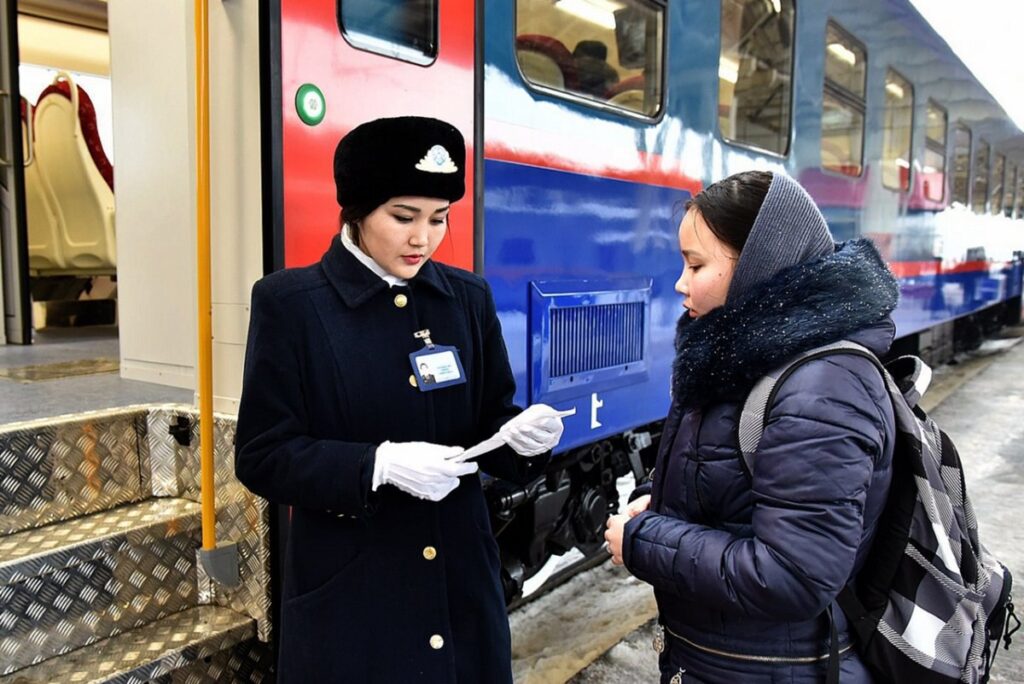Leaks of millions of citizens data, attacks by hackers, hourly calls from fraudsters - these are just some of the threats which have faced Kazakhstan over the past few months. Following the resignation – or dismissal depending on which source one believes - of the head of the Ministry of Digital Development, Innovation and the Aerospace Industry, Bagdat Mussin, many wonder whether the authorities will be able to secure Kazakhstan's internet. The Times of Central Asia investigates. On May 9, AlmaTV, Kazakhstan’s largest internet and cable TV provider, suffered an attack by hackers which caused disruption to its’ services. “According to data received… the cause of the disruption was a large-scale and multi-level cyberattack," AlmaTV stated. The outage solely affected internet broadcasting, whilst analog, digital and satellite TV services were working normally. According to numerous sources, the broadcast of the Victory Day military parade in Moscow was interrupted by footage of an anti-Russian nature, alleged torture, and other explicit content. Officials in Kazakhstan have yet to commented. This is not the first scandal in the sphere of cybersecurity. In March of this year, the State Technical Service JSC discovered that personal data pertaining to over two million clients of the microfinance organization, zaimer.kz (MFO Robocash.kz LLP), had been compromised. Warnings about the leak were also received by people who had never used the company’s services. In the opinion of many analysts, the reaction of the Ministry of Digital Development, Innovations and the Aerospace Industry was extremely late in coming, extremely vague, and in no way reassured Kazakhstanis about the safety of their private information. Mussin was accused of making excuses, poor-quality communication, failing to answer questions, and “babble talk.” In addition, back in February, foreign media, in particular CyberNews, reported that in leaked Chinese Government documents, data belonging to residents of Kazakhstan was found. The documents were related to spyware developed by the Chinese information security company, iSoon, and targeted social media platforms, telecommunications companies, and other such organizations. Allegedly, unknown assailants have posted a huge number of PRC government documents on GitHub. The information circulated also revealed sensitive data pertaining to several telecom operators in Kazakhstan. Also in February, a shocking statement by the Center for Analysis and Investigation of Cyberattacks (TSARKA) appeared, according to which a Chinese hacker group controlled the critical facets within Kazakhstan's IT infrastructure for almost two years. “On February 16, 2024, unknown persons published on the GitHub resource a leak of secret data from the Chinese company iSoon (aka Anxun), one of the contractors of the Chinese Ministry of Public Security (MPS). It is reported to be associated with Chengdu 404, a structure controlled by Chinese cyber intelligence known as APT41,” TSARKA said. “The attackers’ goal was both general information, such as databases, and targeted information of specific individuals: control of correspondence, calls and movement. Data analysis showed that the volume of stolen information is measured in terabytes.” The hackers managed to gain control over the event logs, call durations, IMEIs of devices, and...








